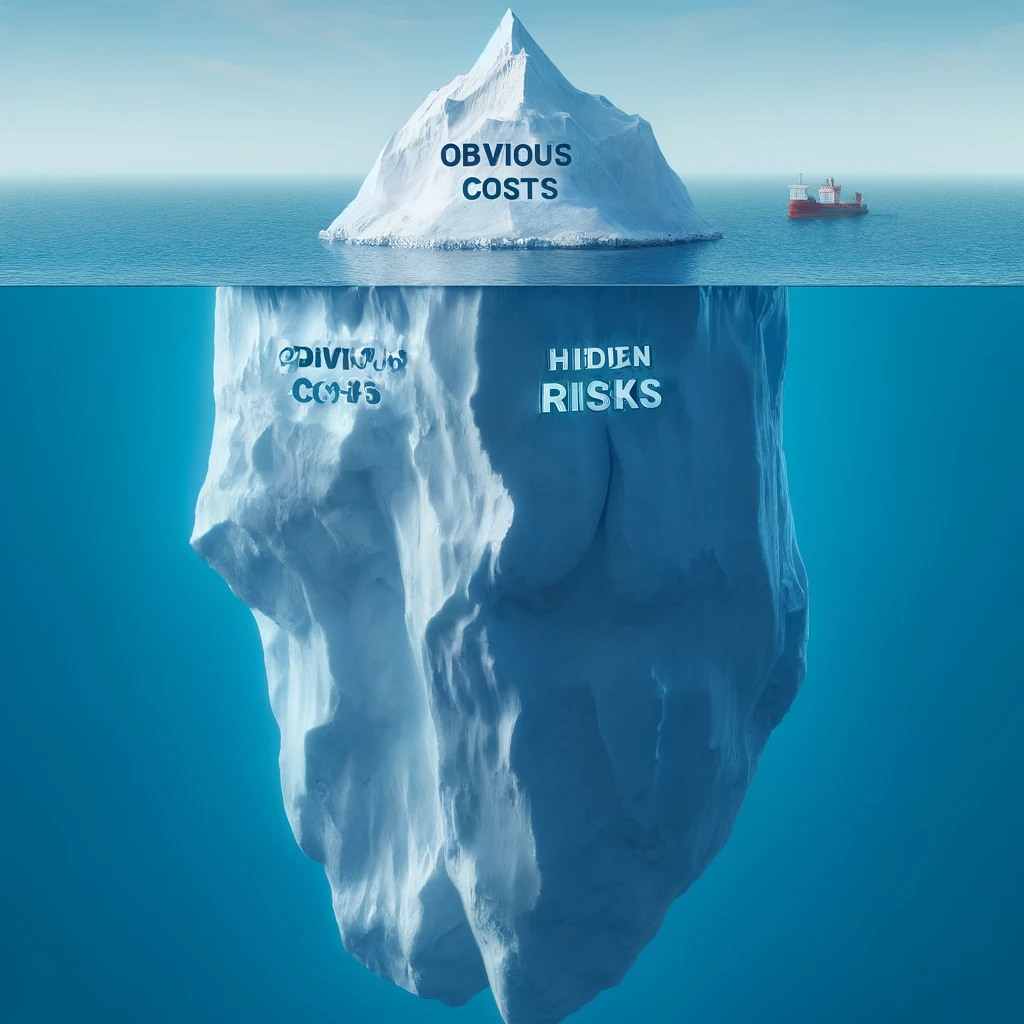In an era where organizations increasingly rely on external partners for various aspects of their operations, third-party risk assessments have become a critical component of corporate governance. The decision to conduct these assessments in-house or outsource them to specialized vendors is a strategic consideration that organizations must carefully weigh. This blog delves into the factors to consider when deciding whether to outsource third-party risk assessments.
The Complex Landscape of Third-Party Risk:
Before delving into the outsourcing decision, it’s essential to understand the multifaceted nature of third-party risk. These risks encompass cybersecurity threats, data privacy concerns, regulatory compliance issues, and operational resilience challenges. Organizations must meticulously evaluate these risks to safeguard their assets, reputation, and overall business continuity.
Advantages of Outsourcing Third-Party Risk Assessments:
Expertise and Specialization: Outsourcing to a specialized third-party risk assessment provider brings a wealth of expertise to the table. These vendors often have a dedicated focus on risk management, staying abreast of the latest threats, regulatory changes, and best practices.
Efficiency and Scalability: Third-party risk assessment firms are equipped with the necessary tools and processes to efficiently scale assessments, especially when dealing with a large and diverse pool of external partners. This can be particularly advantageous for organizations with complex supply chains or numerous third-party relationships.
Cost-Effectiveness: Building an in-house team with the required skills and knowledge can be expensive and time-consuming. Outsourcing allows organizations to access specialized talent without the burden of recruitment, training, and ongoing management costs.
Objective Perspective: An external risk assessment provider brings an unbiased and objective perspective to the evaluation process. This impartiality can be crucial in identifying potential risks that an in-house team might overlook due to internal biases or familiarity with existing processes.
Considerations Before Outsourcing:
Sensitivity of Data: If the nature of the third-party relationship involves handling highly sensitive or proprietary information, organizations may need to carefully evaluate the security and confidentiality measures of potential outsourcing partners.
Customization and Flexibility: Organizations should assess whether an outsourcing provider can tailor their approach to align with the unique risks and requirements of the business. Flexibility in adapting to changing circumstances is also a crucial consideration.
Regulatory Compliance: Ensure that the chosen outsourcing partner complies with relevant industry regulations and standards. Failure to do so may expose the organization to legal and reputational risks.
Integration with Internal Processes: The selected outsourcing provider should seamlessly integrate with the organization’s existing risk management processes and technologies to ensure a cohesive approach.
Conclusion:
The decision to outsource third-party risk assessments is a nuanced one, requiring a careful evaluation of organizational priorities, resource availability, and risk appetite. While outsourcing brings valuable benefits such as expertise, efficiency, and cost-effectiveness, organizations must strike a balance and consider the specific nuances of their industry and the nature of their third-party relationships. Ultimately, a well-informed decision can significantly enhance an organization’s ability to navigate the complex landscape of third-party risks, promoting resilience and sustained success in an interconnected business environment.



